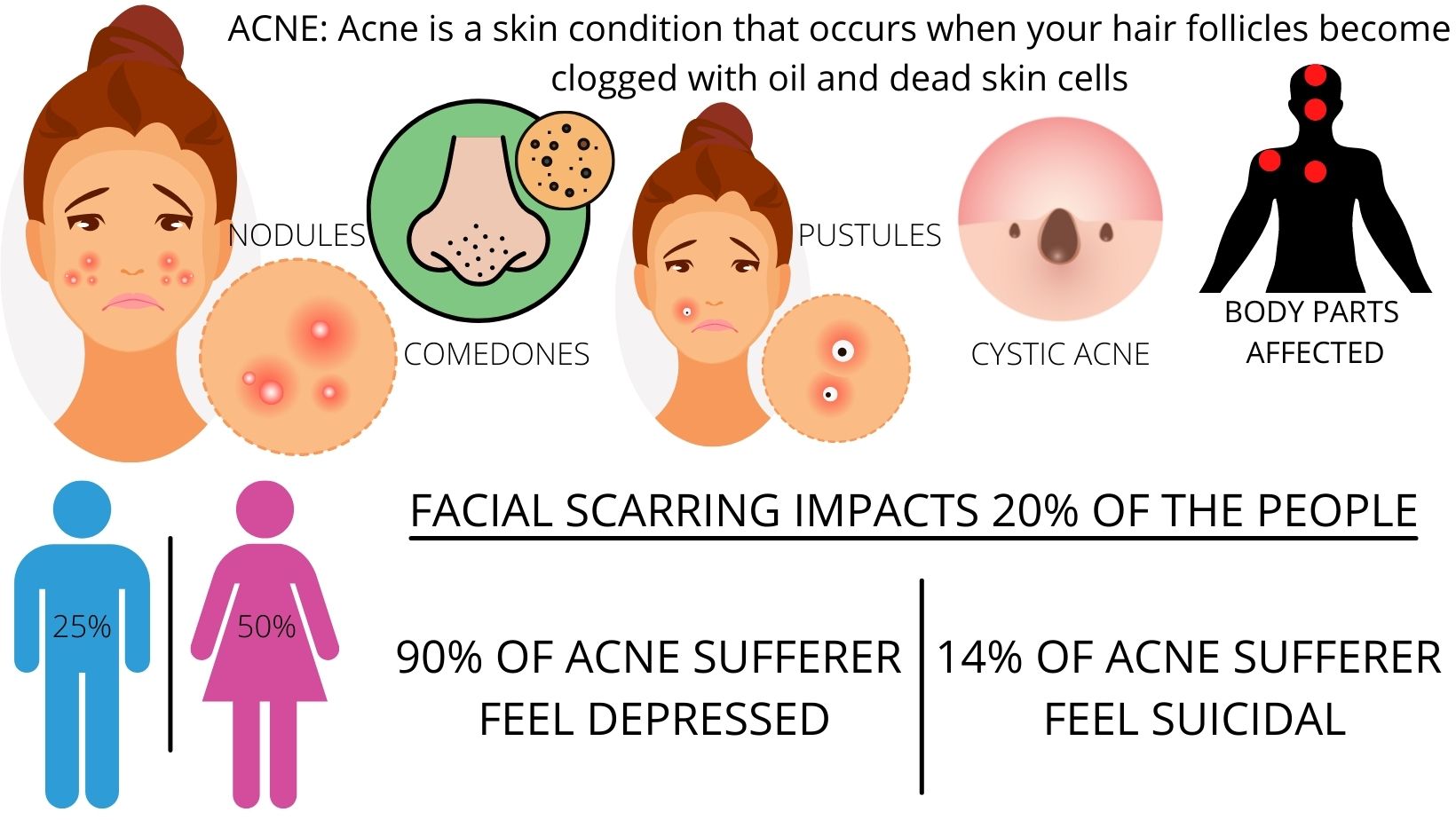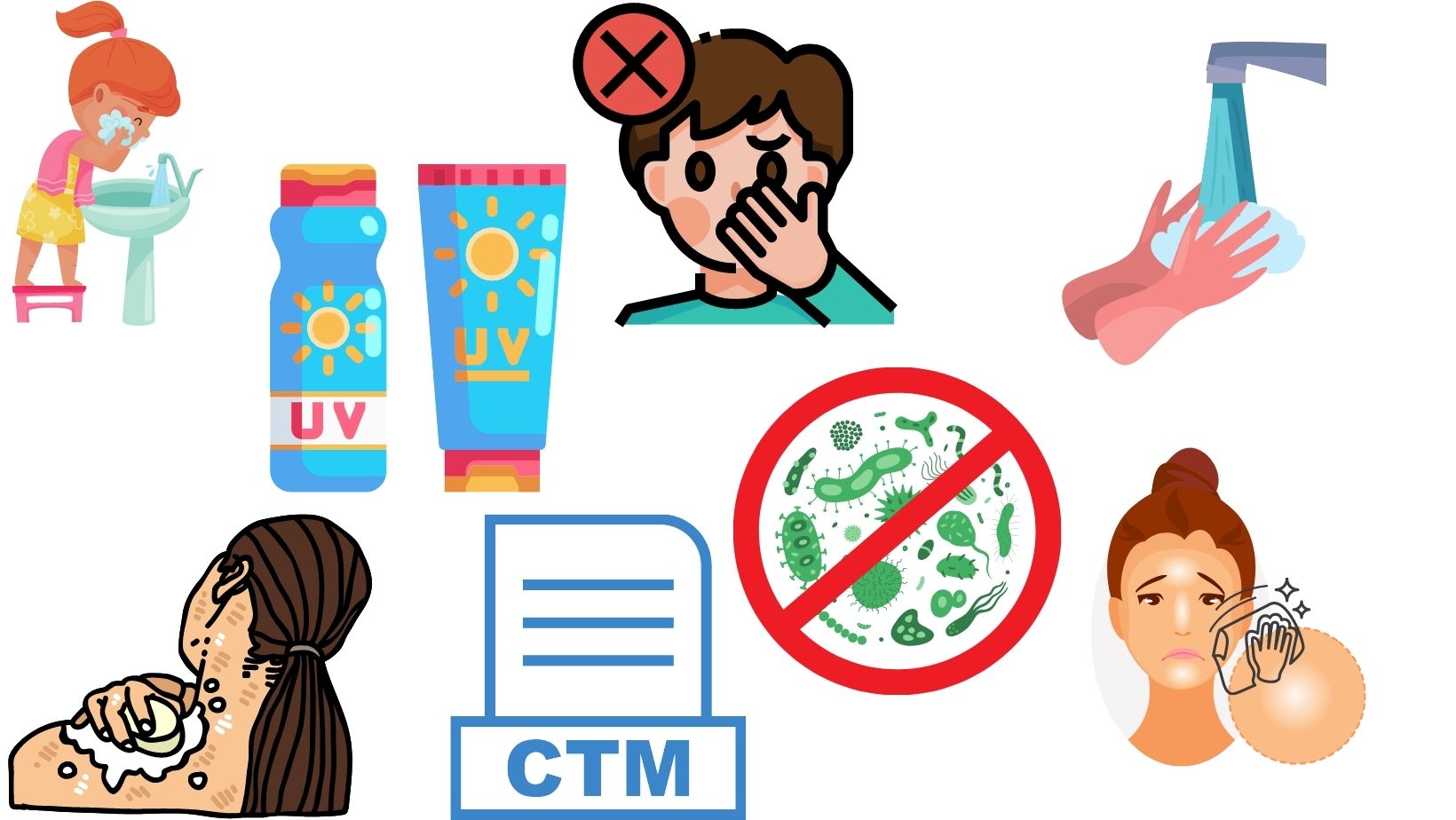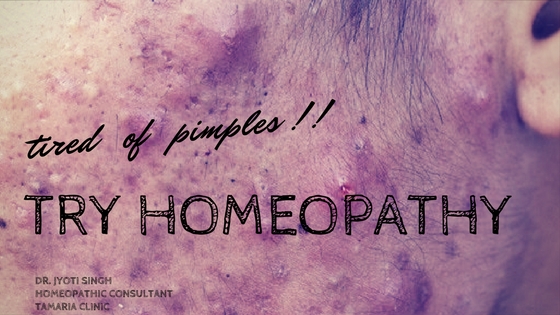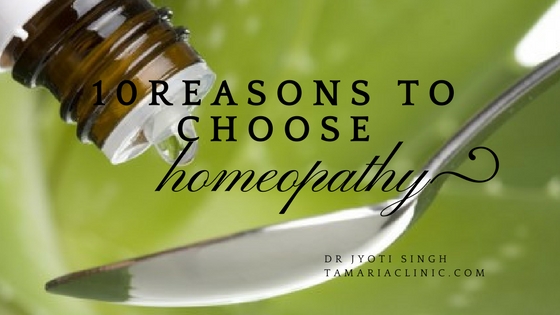THE DEFINITIVE GUIDE FOR THE TREATMENT OF ACNE
WHAT IS ACNE?
Acne is a skin condition that occurs when your hair follicles become clogged with oil and dead skin cells. It often causes whiteheads, blackheads, or pimples, and usually appears on the face, forehead, chest, upper back, and shoulders. Acne is most common among teenagers, though it affects people of all ages.
Acne occurs when sebaceous (oil) glands attached to the hair follicles are stimulated at the time of puberty or due to other hormonal changes. Sebum (oil) is a natural substance that lubricates and protects the skin. Associated with increased oil production is a change in the manner in which the skin cells mature, predisposing them to plug the follicular pore.
The plug can appear as a WHITEHEAD if it is covered by a thin layer of skin, or if exposed to the air, the darker exposed portion of the plug is called a BLACKHEAD. The plugged hair follicle gradually enlarges, producing a bump. As the follicle enlarges, the wall may rupture, allowing irritating substances and normal skin bacteria access into the deeper layers of the skin, ultimately producing inflammation. Inflammation near the skin's surface produces a pustule; deeper inflammation results in a papule (pimple); if the inflammation is deeper still, it forms a CYST.
So acne appears on the skin as
- COMEDONES: these are occluded pores also known as blackheads or whiteheads
- PIMPLES OR ZITS: these are tender red bumps
- PUSTULES: (bumps containing pus)
- CYSTS: (deep pimples, boils)
WHAT ARE THE RISK FACTORS FOR GETTING ACNE?
Risk factors for acne include:
- Age: People of all ages can get acne, but it's most common in teenagers.
- Hormonal changes: Such changes are common in teenagers, women, and girls, and people using certain medications, including those containing corticosteroids, androgens, or lithium.
- Family history: Genetics plays a role in acne. If both parents had acne, you're likely to develop it, too.
- Greasy or oily substances: You may develop acne where your skin comes into contact with oily lotions and creams or with grease in a work area, such as a kitchen with fry vats.
- Friction or pressure on skin: This can be caused by items such as telephones, cellphones, helmets, tight collars, and backpacks.
- Stress: Stress doesn't cause acne, but if you have acne already, it may make it worse.
WHAT ARE THE FACTORS THAT MAY MAKE THE ACNE WORSE?
These factors can trigger or aggravate acne:
- Hormones: Androgens are hormones that increase in boys and girls during puberty and cause the sebaceous glands to enlarge and make more sebum. Hormonal changes related to pregnancy and the use of oral contraceptives also can affect sebum production. And low amounts of androgens circulate in the blood of women and can worsen acne.
- Certain medications: Examples include drugs containing corticosteroids, testosterone or lithium.
- Diet: Studies indicate that certain dietary factors, including skim milk and carbohydrate-rich foods — such as bread, bagels and chips — may worsen acne. Chocolate has long been suspected of making acne worse. A small study of 14 men with acne showed that eating chocolate was related to a worsening of symptoms. Further study is needed to examine why this happens and whether people with acne would benefit from following specific dietary restrictions.
- Stress: Stress can make acne worse.
WHAT ARE THE SYMPTOMS OF ACNE?
Acne signs and symptoms vary depending on the severity of the condition:
- Whiteheads (closed plugged pores)
- Blackheads (open plugged pores)
- Small red, tender bumps (papules)
- Pimples (pustules), which are papules with pus at their tips
- Large, solid, painful lumps beneath the surface of the skin (nodules)
- Painful, pus-filled lumps beneath the surface of the skin (cystic lesions)
WHAT ARE THE CAUSES OF ACNE?
Four main factors cause acne:
- Excess oil production
- Hair follicles clogged by oil and dead skin cells
- Bacteria
- Excess activity of a type of hormone (androgens)
HOW TO DIAGNOSE ACNE?
The appearance is enough to diagnose the issue.
WHAT ARE THE TREATMENT OPTIONS FOR ACNE?
Treatment of acne includes:
- Controlling the acne
- Prevent scarring on the skin
- Removing or fading the previous dark spots of acne on skin.
HERE ARE THE MANAGEMENT TIPS FOR ACNE
- Wash problem areas with a gentle cleanser: Twice a day, use your hands to wash your face with a mild soap and warm water. If you tend to develop acne around your hairline, shampoo your hair every day. And be gentle if you're shaving affected skin. Avoid certain products, such as facial scrubs, astringents and masks. They tend to irritate the skin, which can worsen acne. Excessive washing and scrubbing also can irritate the skin.
-
Try over-the-counter acne products to dry excess oil
- Avoid irritants: Avoid oily or greasy cosmetics, sunscreens, hairstyling products or acne concealers. Use products labeled water-based or noncomedogenic, which means they are less likely to cause acne.
- Protect your skin from the sun: For some people, the sun worsens acne.
- Avoid friction or pressure on your skin: Protect the acne-prone skin from contact with items such as phones, helmets, tight collars or straps, and backpacks.
- Avoid touching or picking at the problem areas: Doing so can trigger more acne or lead to infection or scarring.
- Shower after strenuous activities: Oil and sweat on your skin can lead to breakouts.
- Lifestyle: Moderation and regularity are good things, but not everyone can sleep eight hours, eat three good meals, and drink plenty of water a day. One can, however, still control acne despite one's frantic and unpredictable routine. Probably the most useful lifestyle changes one can make is to never to pick or squeeze pimples. Playing with or popping pimples, no matter how careful and clean one is, nearly always makes bumps stay redder and bumpier longer. People often refer to redness as "scarring," but fortunately, it usually isn't permanent. It's just a mark that takes months to fade if left entirely alone.
- Open the pores: safely removing blackheads during a facial can be beneficial.
- Cleansing and skincare
- Mild cleansers: Washing once or twice a day with a mild cleansing bar or liquid (for example, Dove, Neutrogena, Basis, Purpose, and Cetaphil are all inexpensive and popular) will keep the skin clean and minimize sensitivity and irritation.
- Exfoliating cleansers and masks: A variety of mild scrubs, exfoliants, and masks can be used. These products may contain salicylic acid in a concentration that makes it a very mild peeling agent. These products remove the outer layer of the skin and thus open pores. Products containing glycolic or alpha hydroxy acids are also gentle skin exfoliants.
- Reducing bacteria by using Antibacterial cleansers.
- Reduce the oil: One cannot stop oil glands from producing oil. One should use toner to take care of the oil.
HOMEOPATHIC MANAGEMENT
Homeopathic medicines are very good for treating acne. There are many medicines which can take care of acne very well. A proper case taking can guide the homeopath to choose the best medicine for the patient.
Sulphur, pulsatilla, tuberculinum, sepia, natrum mur, arsenic album etc are few medicines which are used for the treatment of acne.
DO’S AND DON’TS
DO’S
- Keep your face clean, wash it often
- Use a toner
- Use mild soap or face wash to clean your face
- Use less oil based sunscreen
- Take shower after exercise.
DON’TS
- Don’t prick the acne
- Don’t touch your face much with your hands
- Avoid friction over your skin
- Avoid much exposure to sun
- Avoid chemical cosmetic products on your skin







Comments
We have received your comment , Thank You !